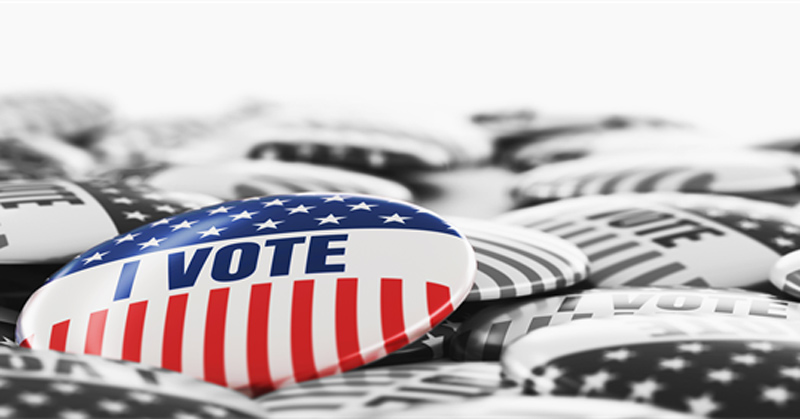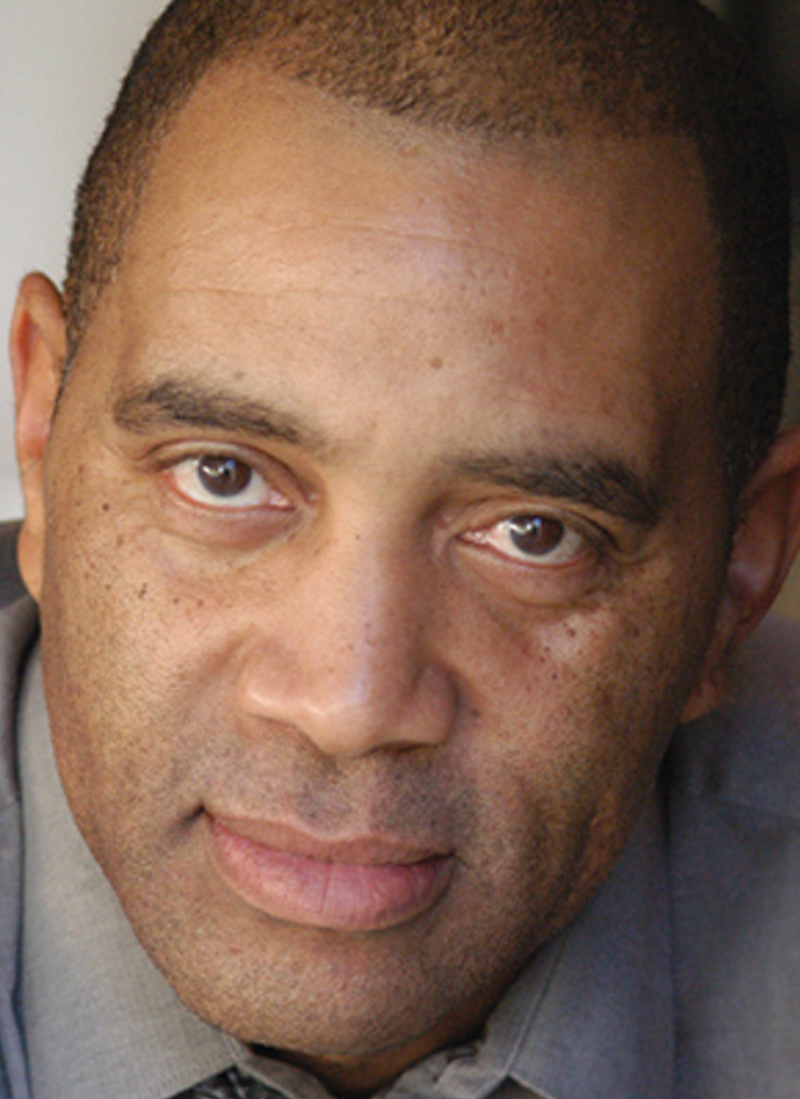


REP performs ‘Votetrickery’
Photo by iStock and courtesy of Hassan El-Amin November 29, 2021
Original spoken word symphony by Resident Ensemble Players examines America’s voting history
The Resident Ensemble Players (REP) at the University of Delaware will begin streaming an original audio production on Wednesday, Dec. 1, examining the history of the vote in America through a spoken word symphony designed to be engaging and entertaining.
Votetrickery was written and directed by REP company member Hassan El-Amin, who also created the audio play Talk About Race, which was performed last season. The new production features rhythmic beats and a spoken-word flow that promises to sweep listeners along.

The production takes a look at the question of whether America has a government ruled by the majority or whether it is ruled by the majority who vote. It explores such questions as: Exactly who is allowed to vote? Who decides? How are votes counted? Who does the counting?
“The struggle for inclusion in what we call our democracy has been a challenge since our country began in 1776,” El-Amin said. “It’s been an exclusive membership, like a country club, only for a few people. This was by strategic design from the outset. We’re still dealing with the consequences of what these wise men, our founding fathers, put together from the very beginning.”
Votetrickery acknowledges both the power of the vote and the nation’s history of exclusion in voting rights. Progress has been made but only in slow steps, El-Amin said, and that pattern is especially apparent today as passionate debates occur over such issues as voting laws, restrictions and who has the final say on the results of an election.
“For those of us who really want America to be a place where democracy is for everybody, a place where we truly are a melting pot, where there is true diversity and multiracial inclusion, we have to be in the battle and part of the struggle,” he said. “That struggle in this country is never-ending.”
Listeners can stream the audio production of Votetrickery: A Spoken Word Symphony for free anytime from Dec. 1 to Dec. 19 at the REP website.
To listen to an audio clip with a preview of the show, click on this website.
About the REP
The Resident Ensemble Players is a professional theatre company in residence on the campus of the University of Delaware. The REP’s mission is to engage audiences throughout the tri-state region and beyond with frequent productions of outstanding classic, modern and contemporary plays performed in a wide variety of styles that celebrate and demonstrate the range and breadth of an ensemble of nationally respected stage actors.
The REP is committed to creating and expanding audiences for live theatre by offering a diversity of productions at low prices that enable and encourage the attendance of everyone in the region, regardless of background or income.
When offering live performances, the REP performs in the Roselle Center for the Arts, 110 Orchard Road, Newark, Delaware, on UD’s main campus.
About voting participation at UD
UD students have won recognition recently for their high rates of voting last year.
The University earned a Gold Seal from the ALL IN Campus Democracy Challenge for nonpartisan student voter participation efforts in the 2020 election. The initiative at UD is guided by Lindsay Hoffman, associate director of the Center for Political Communication.
A national study of about 1,200 participating institutions found that more than 75% of UD students voted in 2020—an increase of almost 20% over the 2016 election and nearly 10% higher than other institutions in the study. The National Study of Learning, Voting and Engagement, which is conducted by Tufts University, also reported that the voting rate among some groups of UD students exceeded the University-wide rate; those include communication/journalism, public administration, education, English, health, family studies, natural resources and foreign languages.
This year marks the 50th anniversary of the 26th Amendment, which in 1971 lowered the voting age to 18.
Contact Us
Have a UDaily story idea?
Contact us at ocm@udel.edu
Members of the press
Contact us at 302-831-NEWS or visit the Media Relations website

